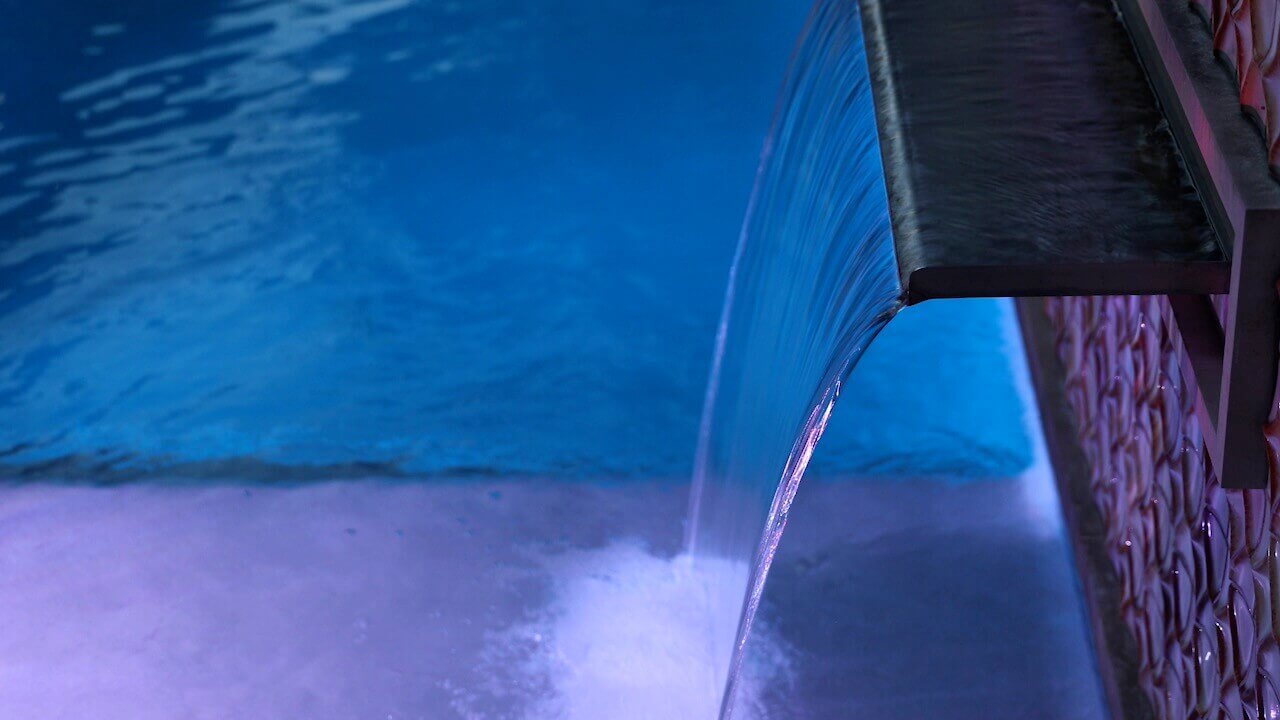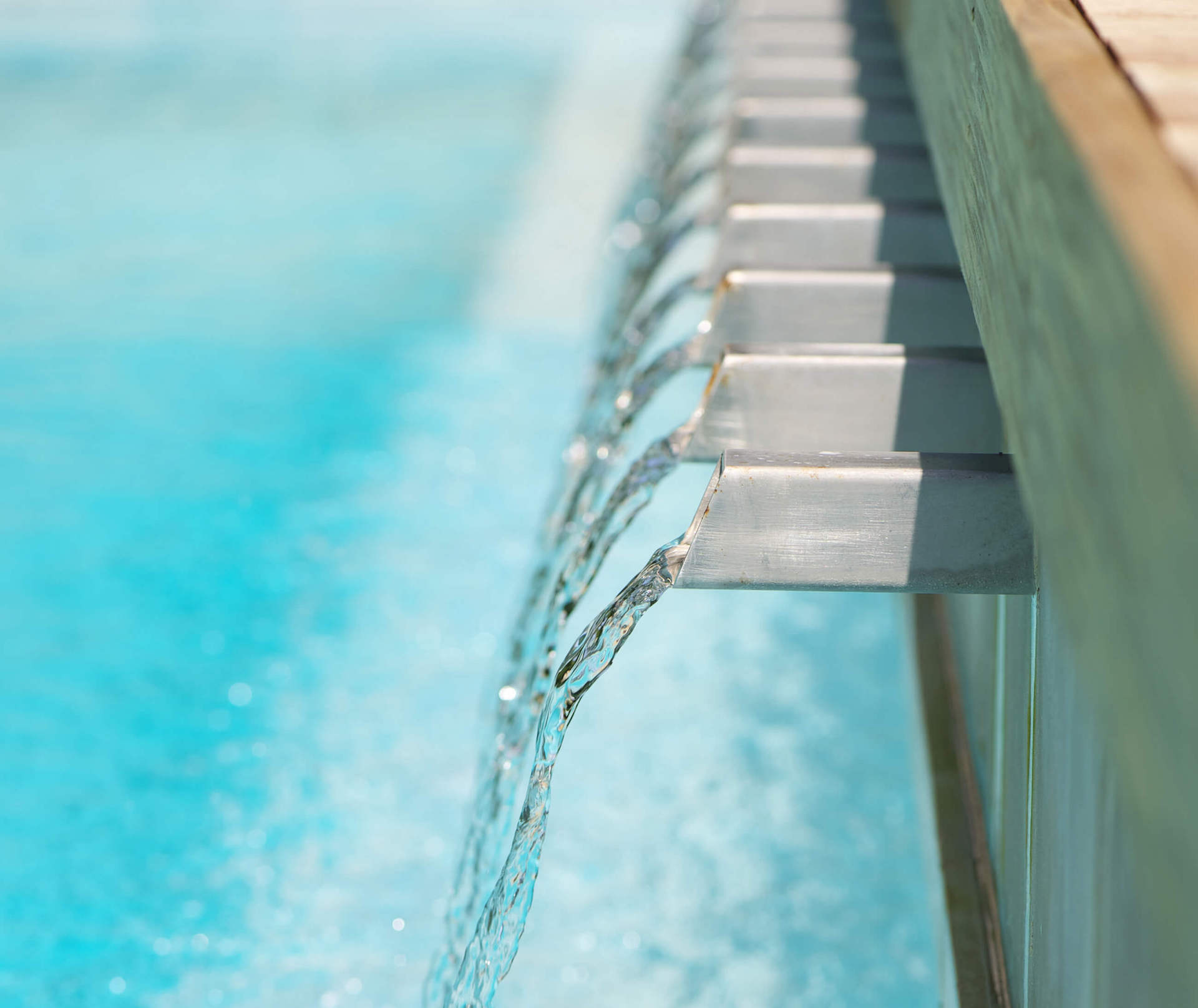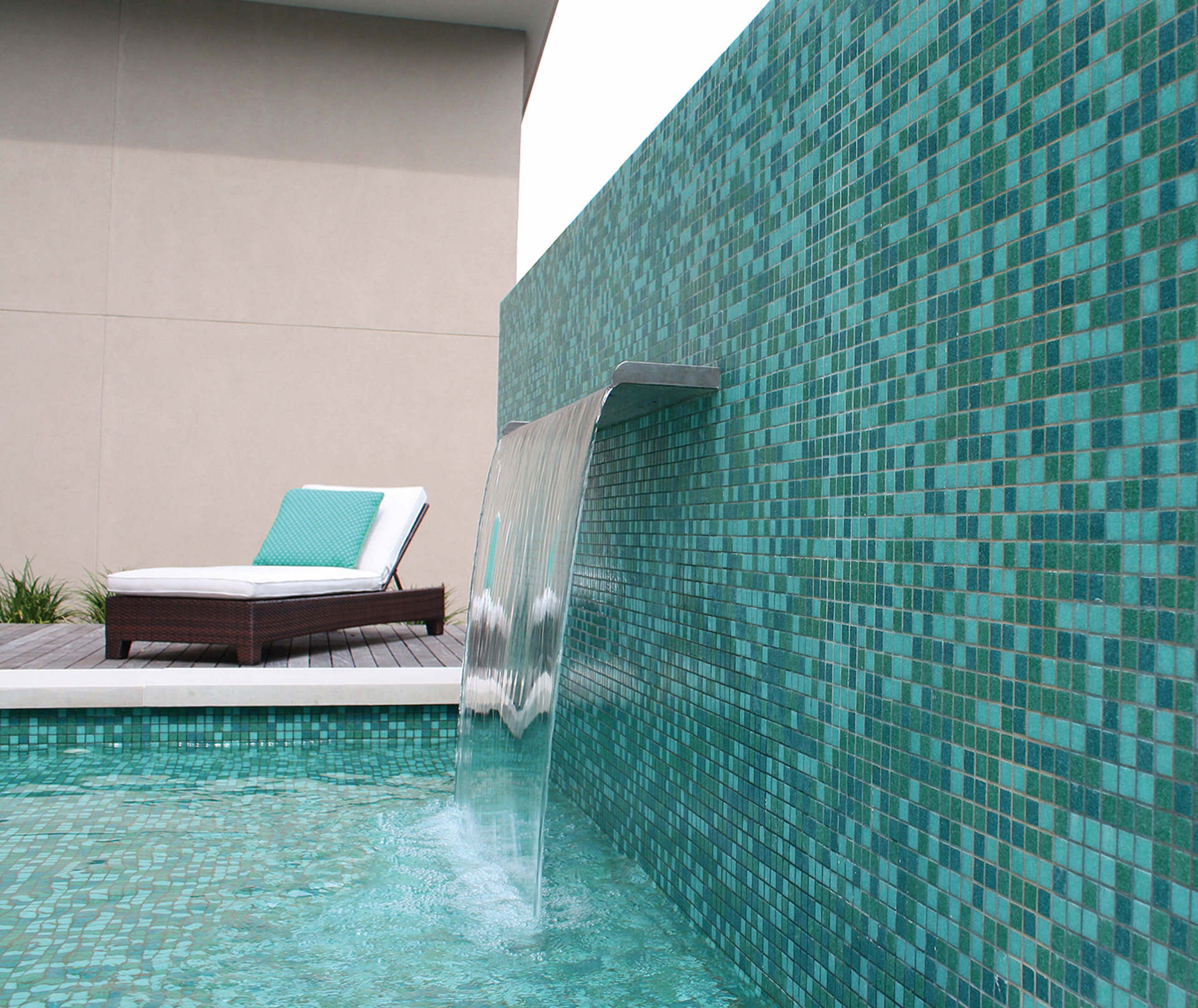
The Cure for Summertime Blues
In our last blog post, we explored the effects of green spaces in nature on the human psyche. This time, we’ll test the waters of and dive in to discover the emotional impact of blue spaces on the mind, body and soul.
Scientists have found a direct link between water and cognitive and physical health. The sights and sounds of oceans, lakes, pools, rivers, creeks and fountains create a meditative state that directly contributes to happiness, health, relaxation, creativity, and an increased sense of wonder. Nearly all of our senses—sight, smell, hearing, and touch, ignite with exposure and increase with immersion.

Gray Mind
In the opposite spectrum of today’s tech-crazed world, barely a minute goes by that we aren’t checking our phones, tablets, laptops, or scrolling through the latest releases of Netflix originals. Nowadays, numerous studies correlate the effects of social media and screen time on levels of anxiety and depression. We have become digital consumers, spending too much time cooped up indoors absorbing a steady stream of flashy information. The result? Apathy, attention disorders, boredom and lack of motivation, focus and creativity. Marine biologist and ocean-conservancy researcher, Wallace J. Nichols calls this “Gray Mind.” The good news is that spending time near water can counteract this dulled state.
According to Nichols, “The mere sight and sound of water can induce a flood of neurochemicals that promote wellness, increase blood flow to the brain and heart and induce relaxation.” The fact is, water makes up over 70% of the Earth’s surface, our bodies, and even our hearts and brains. Due to this, Nichols draws the conclusion that we possess a “deep biological connection” to water, which has been proven to trigger action in our brains whenever we’re near it.
Every year, Nichols hosts a conference called Blue Mind. Contrary to the summertime blues, he coined this term to describe the peace associated with water. It is the opposite of the amped-up state of Red Mind, which, according to neuroscientist Catherine Franssen, PhD, is an “edgy high, characterized by stress, anxiety, fear, and maybe even a little bit of anger and despair.” Red Mind, when utilized properly, can also channel adrenaline to help process and evaluate stress. However, if extreme sports aren’t up your alley, spending time in, on or near water is an easy way to banish the blues.

The Science
Just how exactly does water help reduce stress and anxiety? According to Nichols, the Blue Mind effect may be a product of the action of catecholamine neurotransmitters. These neurochemicals transmit stress signals in the brain. When near water, these alerts can actually reconfigure to lower levels such as those achieved through meditation.
Michael Merzenich, PhD, a neuroscientist at the University of California, San Francisco has a theory on how water delivers rest to the brain. “The brain adapts its perceptual model continually to distinguish relevant from irrelevant information in its surroundings.” As opposed to chaotic urban roads, large bodies of water are typically consistent and predictable. Concentrating on a constant backdrop of water allows a portion of the brain to relax. When the brain senses an irregularity to the pattern, such as a child swimming, the crest of a wave crashing, or a bird gliding across the shimmering surface, it dispenses a gratifying dose of dopamine. Couple this calming consistency with intermittent delight and you have the perfect combination of uniformity without boredom. This dreamy, contemplative state typical of Blue Mind is crucial to creativity and problem-solving.
Antidote to Anxiety
Recent case studies have confirmed that water can be an antidote to anxiety. In one study, teenagers exposed to water fountain sounds at the dentist’s office experienced marked reductions in anxiety levels. Not only can the sounds of water ease a troubled mind, but it has also been proven to affect the body’s response to pain in a positive way. In a recent study, scientists introduced a nature video to cancer patients dealing with chronic pain. After 15 minutes of babbling brooks, crashing waves and rushing waterfalls, they experienced a 20-30% reduction in stress hormones epinephrine and cortisol.

How to Beat the Blues
While beautiful beaches are a bit beyond our reach in the DFW area, we can still take advantage of the numerous alternatives to harness water’s mystical powers.
- Poolside Chilling – Lounge at your leisure, take a dip, swim laps, or just listen to children splashing about in delight.
- Fountain of Youth – The soothing sounds of a fountain really can ease a troubled mind and possibly even relax those weary creases in your forehead.
- Bathing Beauty – Even indulging in a bath or shower can provide temporary relief to soak your worries away.
At Bonick Landscaping, we know a thing or two about creating a place of serenity. Contact us when you’re ready to disconnect your devices and awaken your senses.

Sources:
https://experiencelife.com/article/blue-mind/
https://www.psychologytoday.com/us/articles/201407/mind-your-body-the-brain-aquatic
https://qz.com/1347904/blue-mind-science-proves-the-health-benefits-of-being-by-water/